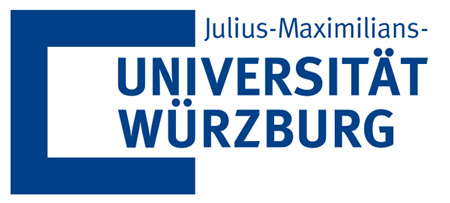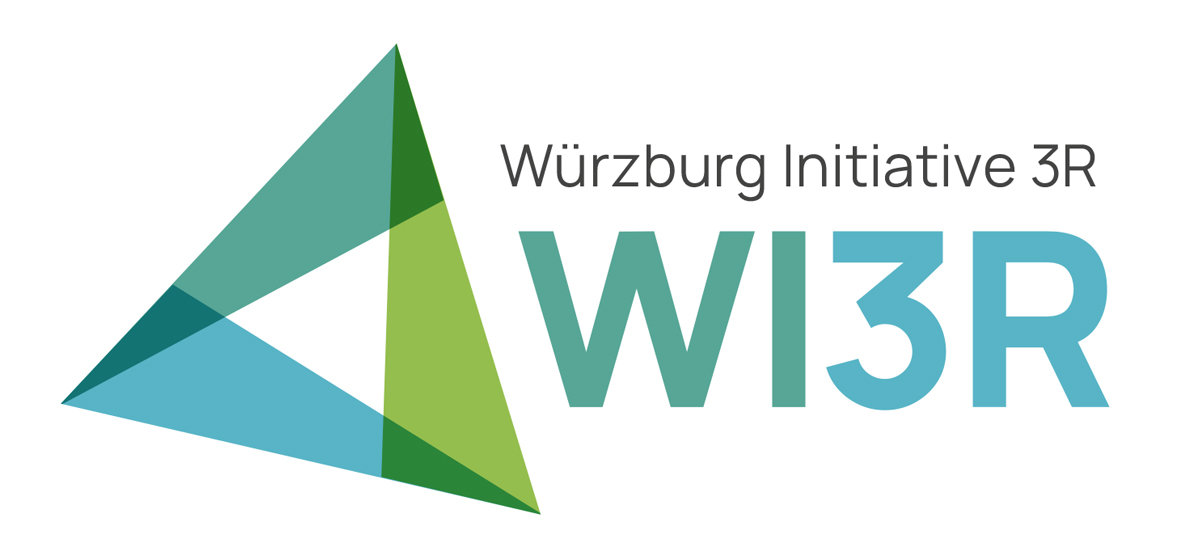
Local partner
Fraunhofer Institute for Silicate Research ISC
At the Fraunhofer Institute for Silicate Research ISC in Würzburg, individual material solutions for a wide range of applications are developed on the basis of a unique combination of materials, processing, application and analytical know-how. As part of its interdisciplinary R&D work, the Fraunhofer ISC focuses on the following fields of application in the field of health: the Fraunhofer Translational Center for Regenerative Therapies TLC-RT develops medical devices and drugs based on new biomaterials, cell-based 3D in vitro models and test systems, automated GMP production processes and vascularized implants up to prototypes.
For more than ten years, scientists from the Fraunhofer TLC-RT and the partnership-based Chair of Tissue Engineering and Regenerative Medicine TERM at the University Hospital Würzburg have been working on so-called in vitro models of selected organs of the human body – the skin, the eye, the intestine, the blood-brain barrier and the respiratory tract.
The long-standing collaboration between the application-oriented Fraunhofer TLC-RT, materials research at Fraunhofer ISC and research partners at the University and University Hospital of Würzburg has created an ideal environment for the development and application of new approach methods (NAMs).
Through the bundling of the complementary competences of the core institutes Fraunhofer Institute for Biomedical Engineering IBMT and the Fraunhofer Institute for Silicate Research ISC, the Fraunhofer Project Center for Stem Cell Process Engineering at the location in Würzburg forms a nationally and internationally visible competence center in the field of stem cell process engineering using innovative materials in the Free State of Bavaria. The aim is to transfer stem cell processes to an industrial scale with automation solutions, and to improve them with the aid of innovative materials in the areas of cell expansion and differentiation as well as cryopreservation.

Local partner
University Hospital and University of Würzburg
The University Hospital and the University of Würzburg constantly appear among the top-ranked German research centers in life sciences grounding their high scientific quality both at the national and at the international level. At the Medical Faculty, more than 3,500 students are enrolled to study medicine, dentistry or biomedicine. All these studies involve innovative Master’s programs in translational medicine, translational neurosciences, molecular life sciences or molecular oncology, which are closely linked to the clinical disciplines.
With many partner Universities abroad and numerous strong international research collaborations, the Medical Faculty and the University of Würzburg have a longstanding tradition promoting international exchange. The University Hospital Würzburg together with the Medical Faculty provides excellence in patient care which is documented by several clinical lighthouse projects particularly in the fields of immunity and infection, oncology, neuroscience, and biomaterial and regenerative medicine.
To foster interdisciplinarity and the connection between clinical and basic research institutions, research centers and integrated facilities of research and patient care have been implemented within the University Hospital.
These include integrated Centers for Research and Treatment (Comprehensive Heart Failure Center, Rudolf-Virchow-Center, Comprehensive-Cancer-Center-Mainfranken, Center for Rare Diseases, the National Center for Tumors, Research Center for Infectious Diseases, Max Planck Research Group for Systems Immunology, Helmholtz Institute for RNA-based Infection Research) and several institutes directed to regenerative medicine and biomaterials (e.g. Musculosceletal Center Würzburg, Fraunhofer Translational Center for Regenerative Therapies). These centers and institutions are supported by competitively acquired funds and serve as the backbone of translational research, enabling close collaborations between clinical and basic investigators to provide an optimal scientific environment. Currently, several (Transregio-) Collaborative Research Centers, Research Units, Clinical Research Units, and Research Training Groups are funded by the DFG, and the Mildred Scheel Early Career Centre for Cancer Research Würzburg funded by the German Cancer Aid. Moreover, faculty institutions are working on a considerable number of BMBF- and EU-funded translational projects as well as on health service projects supported by the so called “Innovationsfonds”.
Well-structured doctoral programs for medical students and young graduates of life sciences are provided by the Graduate School of Life Sciences (GSLS). The GSLS was founded within the German Excellence Initiative and sets a national example for structured graduation programs.

